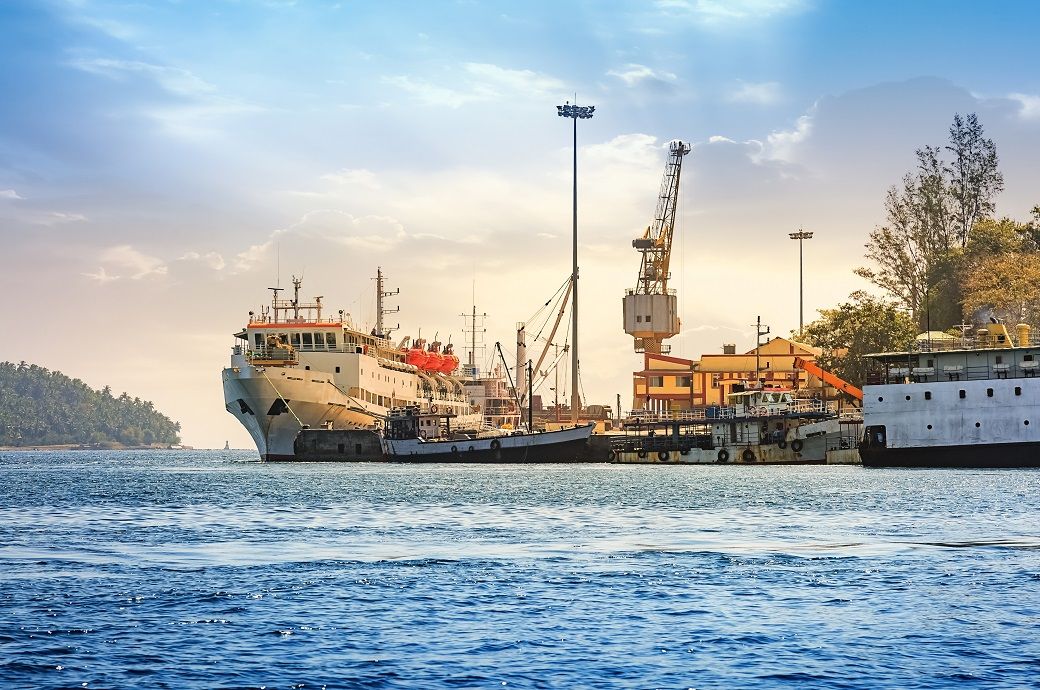
The surge in global spot rates can be attributed to a scarcity of vessels available at ports, caused by unscheduled rerouting around the Cape of Good Hope. This detour is resulting in delays of up to two weeks. Despite approximately 80 per cent of shipping contracts being long-term, the potential for renewal could be compromised if Middle Eastern geopolitical tensions persist. Nevertheless, the detour's additional costs are somewhat mitigated by the avoidance of Suez Canal tolls, alongside the substantial hike in freight rates, rendering the situation from positive to neutral for the shipping industry. Operators are finding that the elevated freight rates more than offset the incremental operating costs and additional risks.
Conversely, the textiles sector in India is poised to remain largely unaffected by the crisis in the Red Sea. With around three-quarters of the industry focused on the domestic market and the significant festive season already concluded, the current quarter is not expected to witness a surge in export demand. This outlook suggests that the textiles industry is unlikely to face immediate challenges, largely due to a weak trade cycle. Moreover, overseas buyers might be able to absorb the increased freight costs, thereby protecting the profitability of exporters. However, a prolonged crisis could potentially harm margins and extend the working capital cycle for businesses within the sector, as per CRISIL.
Fibre2Fashion News Desk (DP)